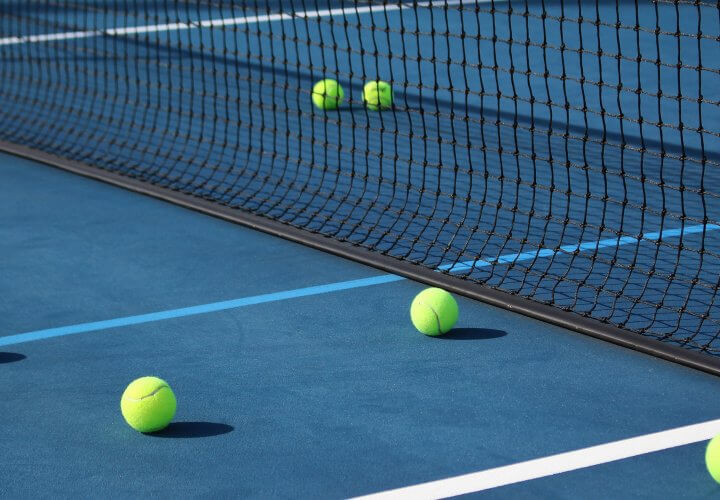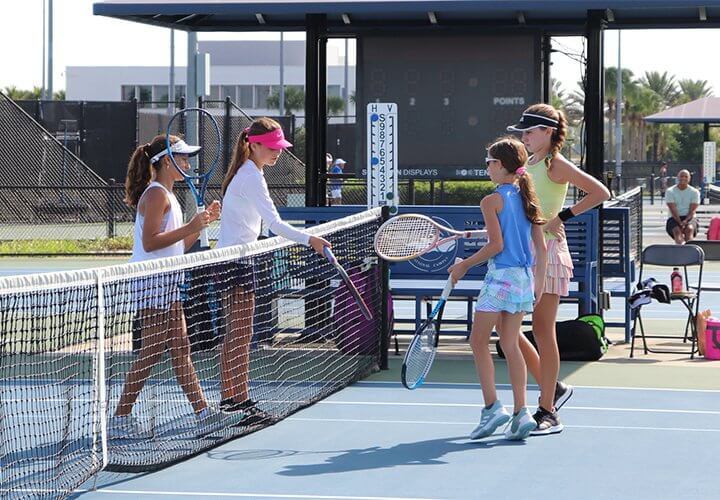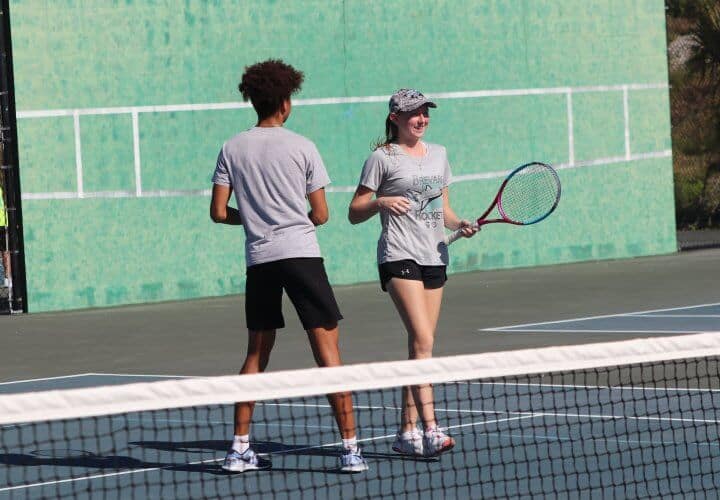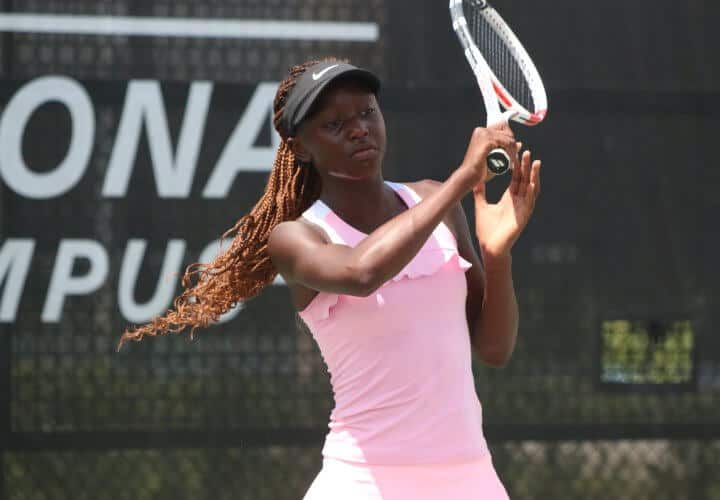Tennis players depend heavily on the involvement, support, and encouragement of their providers and parents. Within our communities, we can work together to grow this game while making it an inclusive and welcoming place for everyone.
We want to provide Florida tennis parents, players and coaches with all the knowledge, resources, and help they need to be their best.







